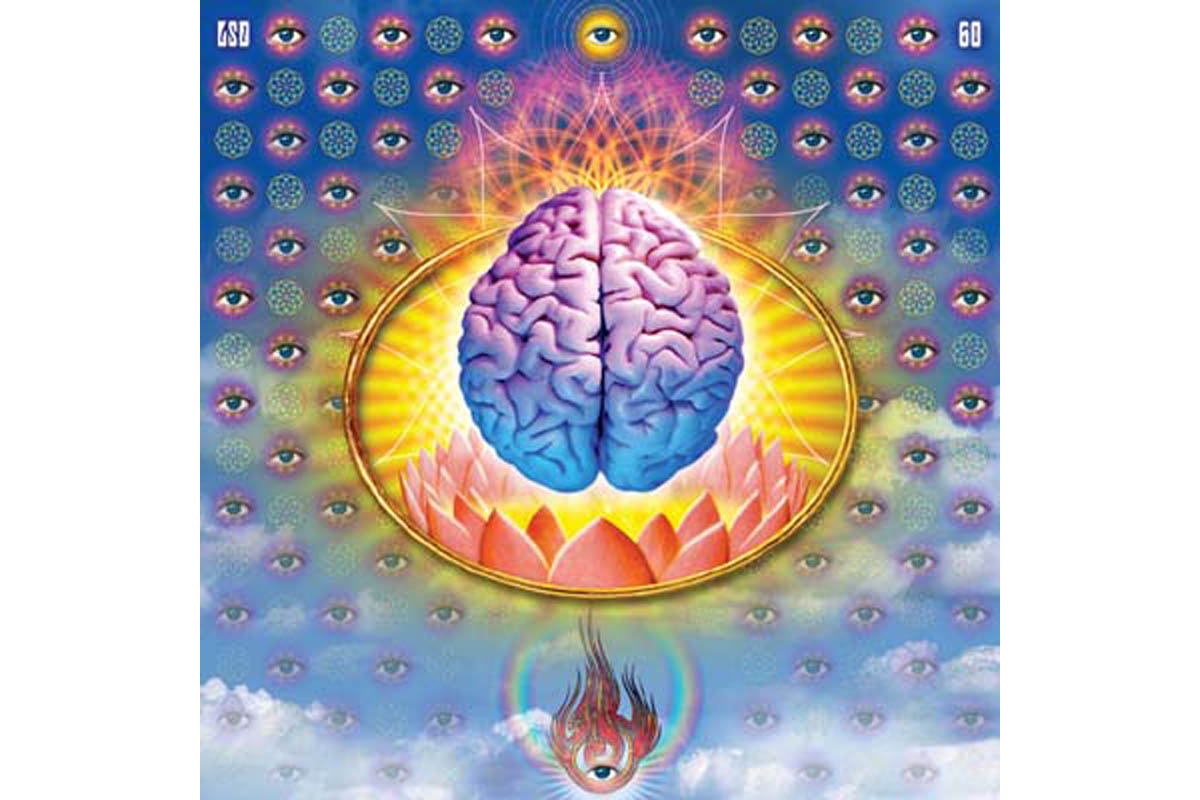Table of Contents
The main thing that every person should know about the hallucinogens is that these drugs target specific centers of the brain to induce the interpretations of sensory input.
Being under the influence of a hallucinogen is commonly called 'tripping'.
What exactly is a ‘‘bad trip’’?
Since hallucinogens are very unpredictable drugs, having an enjoyable experience the first time doesn't guarantee they will always have pleasant experiences. The experience may be different each time. The bottom line is that every person that uses these drugs is at risk of having a 'bad trip'. This can include
* Nightmarish hallucinations,
* Extreme panic,
* Paranoia and
* Nausea.
Other unpleasant side effects can include:
* Muscle spasms and loss of coordination
* Convulsions and unconsciousness
* Aggressive, hostile and violent behavior
Health Effects of hallucinogens
In general, when used at low levels, they can cause a broad range of effects depending upon both the user and the particular drug that the individual is using. It is proven that hallucinogens can produce various physiological effects including:
* Elevated heart rate,
* Increased blood pressure, and
* Dilated pupils.
By using the higher doses an individual is more likely to experience hallucinations and the more extreme effects. Problems with these drugs is that the symptoms they cause are often unpredictable and a user may experience different effects compared to other users or past usage.

Users often experience changes in:
* Perception
* Thought
* Mood
and/ or:
* Depression
* Weakness and lack of muscular coordination
* Anxiety or paranoia
* Trembling
* Nausea
* Dizziness
* Facial flushing
Depending upon the drug, these episodes may last from minutes to days, with after-effects sometimes lingering from hours to weeks.
There were many researches regarding the question whether these drugs are causing physical dependence or not. The answer is no! Several studies have proven that these drugs do not produce physical dependence, but the problem is that they can produce a tolerance in which the effects are reduced if the user ingests the drug regularly in a short period of time. If used by a pregnant woman, they can even cause spontaneous abortion. There is also a hypothesis that they can even cause genetic or chromosomal defects but this has not been confirmed.

